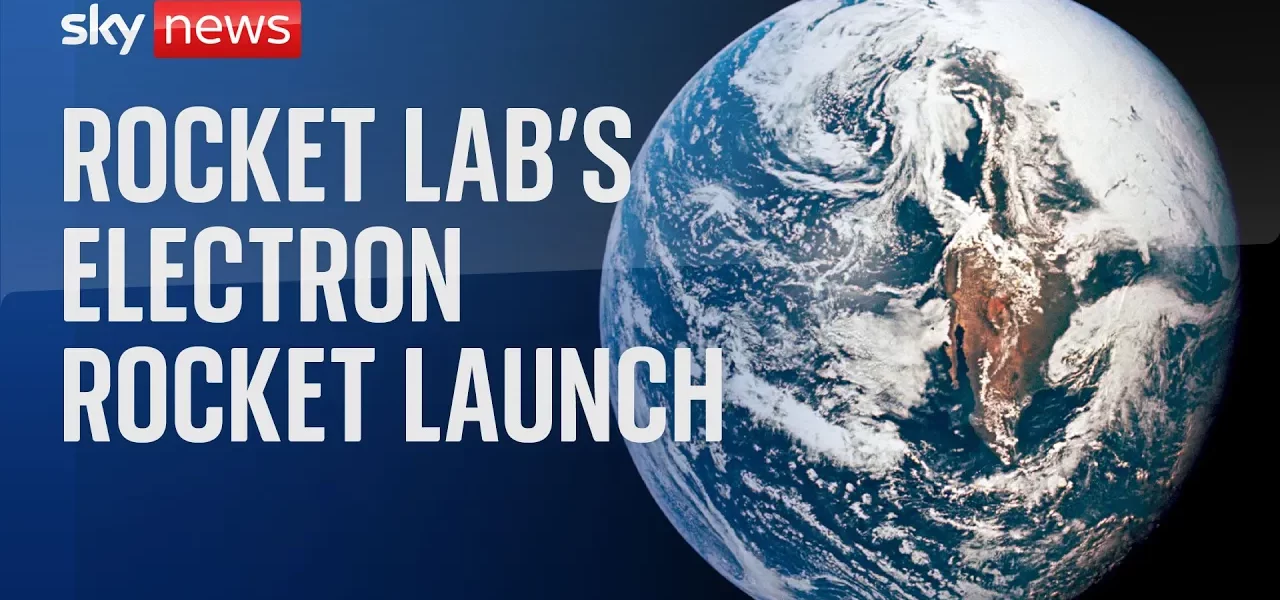Rocket Lab Celebrates 50th Electron Launch: A Milestone in Space Exploration

Join us as we delve into Rocket Lab’s remarkable journey to its 50th Electron launch, exploring the groundbreaking technology, mission milestones, and the future of space access for small satellites.
Introduction
On a significant day in the realm of space exploration, Rocket Lab achieved a remarkable feat—its 50th launch of the Electron rocket. Since its debut in May 2017, Electron has revolutionized access to space for small satellites, setting records and pushing the boundaries of rocket technology. This article will explore the key milestones leading up to this momentous occasion, the technology behind the Electron rocket, and the implications for future missions.
The Path to 50 Launches
Historical Context
Rocket Lab was founded in 2007 with a singular goal: to make space accessible and affordable. The Electron rocket was developed as a response to the growing need for dedicated small satellite launches. Its first flight in 2017 marked the beginning of a new era in space exploration.
Key Milestones
- First Launch: Electron’s maiden flight in May 2017.
- World Records: Electron became the first carbon composite orbital rocket and the first powered by 3D printed engines.
- Fastest to 50: Achieving 50 launches faster than any other commercially developed rocket in history.
Technological Innovations of Electron
Design and Engineering
The Electron rocket stands as a testament to innovative engineering. It is a two-stage launch vehicle powered by liquid oxygen and rocket-grade kerosene. Notably, it is the world’s first carbon composite orbital launch vehicle, allowing for significant weight reduction without compromising strength.
Advanced Propulsion System
Equipped with nine Rutherford engines on the first stage and one vacuum-optimized engine on the second stage, Electron utilizes an electric pump feed cycle, a groundbreaking technology that enhances efficiency and reliability.
3D Printing and Manufacturing
Electron’s engines are 3D printed, showcasing the advantages of additive manufacturing in aerospace. This method reduces production time and costs while maintaining high-quality standards.
Today’s Mission: No Time to Lose
Mission Overview
Today’s launch, named “No Time to Lose,” signifies not only a celebration of Rocket Lab’s achievements but also a crucial mission for Kine, an Internet of Things company based in France. This mission aims to deploy five satellites as part of Kine’s larger constellation project, which seeks to connect IoT devices globally.
Payload Details
The payload for this mission consists of satellites designed for global connectivity, each weighing approximately 30 kg. In total, today’s launch carries a payload mass of around 150 kg, showcasing Electron’s capability to handle significant satellite deployments.
The Launch Experience
Preparations and Team Efforts
As the countdown began, the Rocket Lab team conducted numerous status checks to ensure all systems were operational. The meticulous preparation is a hallmark of Rocket Lab’s commitment to safety and precision in space launches.
Mission Control Insights
The mission control team plays a critical role in overseeing the launch process. With experienced professionals like Launch Director Michael Pearson, who has been present for every Electron launch, the team ensures that all systems are green, indicating readiness for liftoff.
Conclusion
Rocket Lab’s 50th Electron launch marks a significant milestone, not only for the company but also for the entire space industry. With its innovative technology and dedication to making space more accessible, Rocket Lab continues to pave the way for future missions and advancements in aerospace. As we celebrate this achievement, we look forward to what lies ahead for Rocket Lab and the broader implications for satellite technology and space exploration.
Call to Action: To stay updated on Rocket Lab’s future launches and innovations, visit our website and follow our journey to explore the final frontier!
“`




